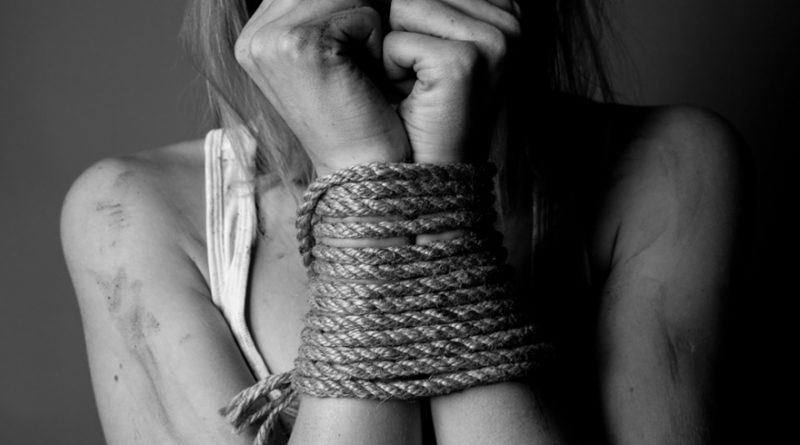When 24-year-old marketing assistant Jonathan Billings rented the Oscar-nominated film Lion, he knew there was a chance he might get emotional. What he didn’t expect was for his mind to be taken to a place no mind should ever be forced to go: awareness of child sex trafficking. “About 45 minutes into the movie, there’s a…” he trails off, his face contorting in disgust. “I’m sorry. It’s hard to talk about.”
The scene that had such an impact on him was one involving a character nearly being sold into child sex slavery. “It was the worst feeling in the world. I never thought knowing about this stuff could happen to me.”
Billings is hardly alone in his struggle. Innocent people becoming aware of child sex trafficking is a growing problem in the U.S. “It’s more widespread than most of us realize—right under our noses, a horrifying ordeal that vulnerable media consumers are put through every day,” says Richard Estep, a therapist that specializes in overcoming the psychological trauma of child-sex-trafficking awareness. “The problem in everywhere: Netflix documentaries, NPR special reports…”
On Tuesday evenings, Estep runs a support group for people who have heard about child sex trafficking. “It’s nice to know you’re not alone,” says group member Marcus Kelfield, 28, who was forced into child-sex-trafficking awareness at age 23. “Some days are harder than others. And it’s a taboo subject, so we’re supposed to act like it’s not happening, to suffer in silence.”
Mary Kellogg, 34, another attendee of the group, has seen the damage it can do firsthand. “My younger brother got pulled into an article about child sex trafficking when he was only 15. He had fallen in with some sketchy people who had a copy of the New York Times on their coffee table.”
The conversation surrounding the crisis has been intensifying. In last year’s best-selling memoir The Learning Scar, Herman Mendlevich detailed his heroic struggle becoming exposed to a Facebook post about the child slave trade. A film is being developed by Pontaniumanson Pictures, but critics say this will only exacerbate the problem.
“Some of these books and movies sensationalize or even romanticize learning about child sex trafficking,“ Estep says. “We must not do that. The cycle will only continue.”
Washington is confronting the issue with a bi-partisan proposal in the House that would devote $20 billion to transition victims of child-sex-trafficking awareness back into a normal life. Said Rep. Buntleson of Nebraska, one of the measures sponsors: “We cannot turn a blind eye to the terrible stories you hear about people who have heard these terrible stories.”
Unfortunately, by the time someone becomes aware of child sex trafficking, it’s typically too late. The most deeply impacted can end up spending up to $10 on an online charitable donation before they seek help.
But new therapies show promise. “For most people the best therapy is to think about something else,” says Dr. Deborah Racowicz of the Psychological Trauma Clinic at Mount Sinai Hospital in Toronto. “Such as watching the show Special Agent President, or The Naval Adventures Of Sub-Dude.”
Jonathan Billings sees hope. “I’m glad that more people are becoming aware of the issue,” he says as he scrolls through the shows on Hulu. In the two weeks since he watched Lion, he admits he has only watched movies he had already seen. “I’m still scared that there will be something in a movie I watch that makes me upset. Hopefully that won’t always be the case.”
He stops scrolling and decides on an episode of Aunt-repreneurs. He sits back and sets down his remote, bravely facing whatever may come.




